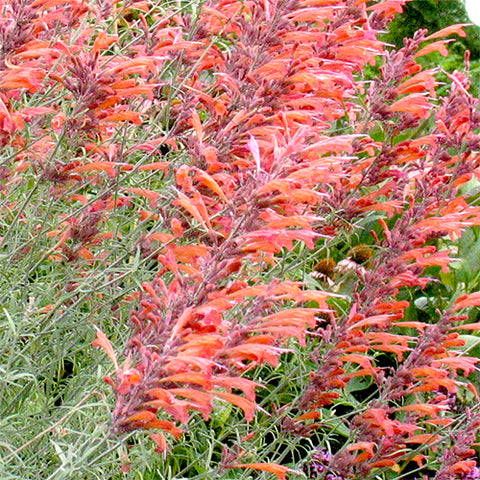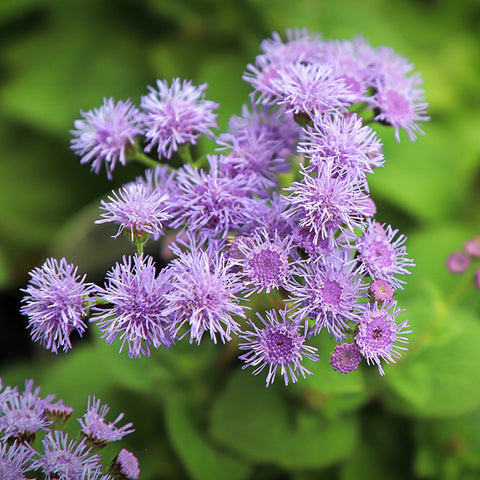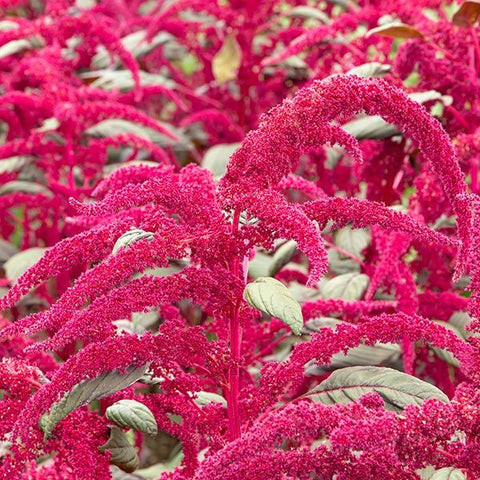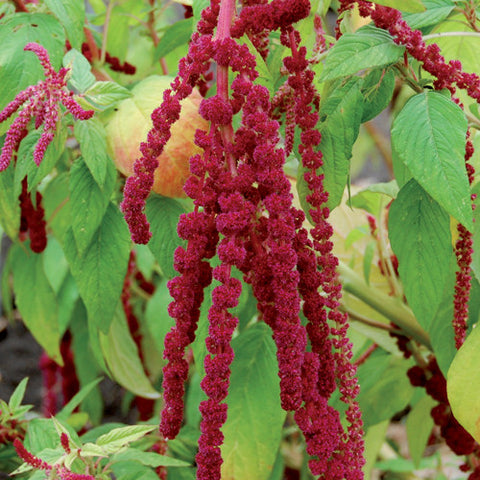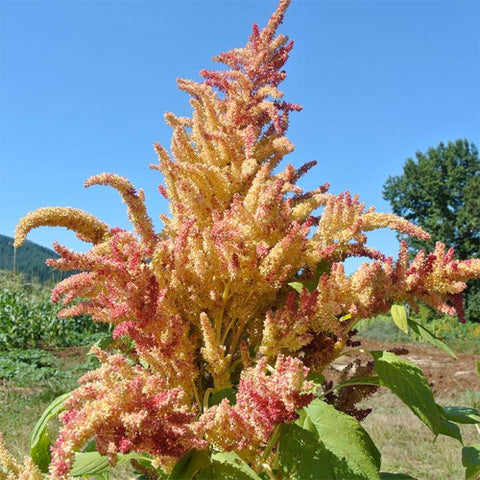Pea (Shell), Laxton's Progress #9 (Certified Organic Seeds)
$4.79
This item may be out of season or currently out of stock. Please check back.
Description: Plump pods yield excellent-quality dark-green peas with up to 9 peas per 4” - 5” pod. Wilt-resistant vines are compact - 15” - 20” - and produce heavy yields. An improvement over the original Laxton’s Progress.
- Shell peas are a tender pea inside a tough shell, which is discarded.
USDA Certified Organic/ Heirloom/ Open Pollinated/ Non-GMO
Pack Size: 1 ounce
Latin Name: Pisum sativum
Alternative Names: Shell Pea
Main Uses: Culinary
Days to Maturity: 60 days
Exposure: Full sun
Height: Short vine (up to 60 cm)
Certified Organic: USDA Certified Organic
Germination: 3 - 7 days at 15 - 18°C.
Sowing: Indoors: For windowsill peas, sow March to April. Apply Sea Magic from first watering. Fertilize regularly with an all-purpose organic fertilizer.
Outdoors: Sow seeds as soon as the soil can be worked. Ideal soil temperature is 15º C.
Seed Depth: 1 - 2”.
Seed Spacing: Sow seeds 1” to 1 1/2” apart in rows 8 - 12” apart. No need for thinning as pea plants like to be crowded.
Growing in Containers: Not well-suited for containers due to height, but work well in raised beds.
Growing in Mixed Planters: Not well-suited for mixed planters.
Fertilizing (Garden): Plant in a garden bed amended with compost. No additional fertilizer is required.
Watering (Garden): Water new transplants regularly to establish roots. Once established, water deeply as required.
Garden Companions:
Vegetable Companions: Beans, Carrot, Chives, Celery, Corn, Cucumber, Eggplant, Lettuce, Parsley, Radish, Spinach, Tomato, Turnip, Strawberry, Sweet Pepper, Turnips
Flowering Companions: Marigold, Pansy, Petunia, Sweet Alyssum, and Calendula
Notes: There are three types of peas - shell, snow and snap. Shell peas, like the name suggests, are shelled prior to eating. Snow peas have tender, sweet pods which are harvested when the peas are still small. Snap peas have succulent pods and are harvested and eaten whole once the peas have become plump.
Note: Peas require a trellis or netting.
Suitability for indoors: Dwarf varieties may be grown in the windowsill in spring.


